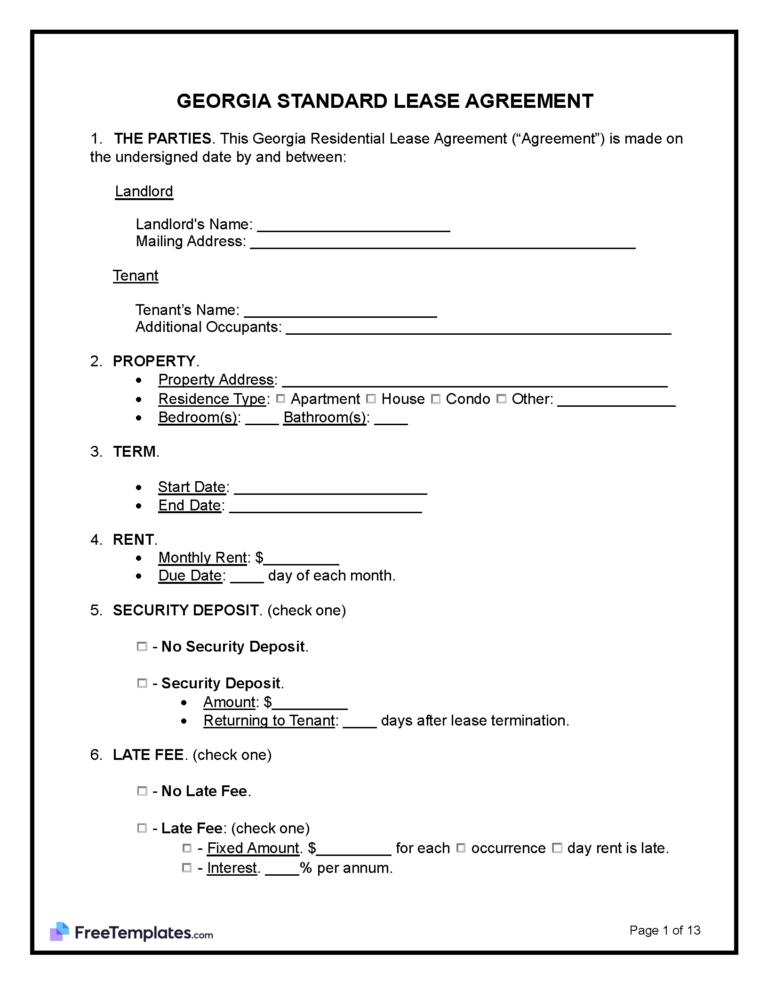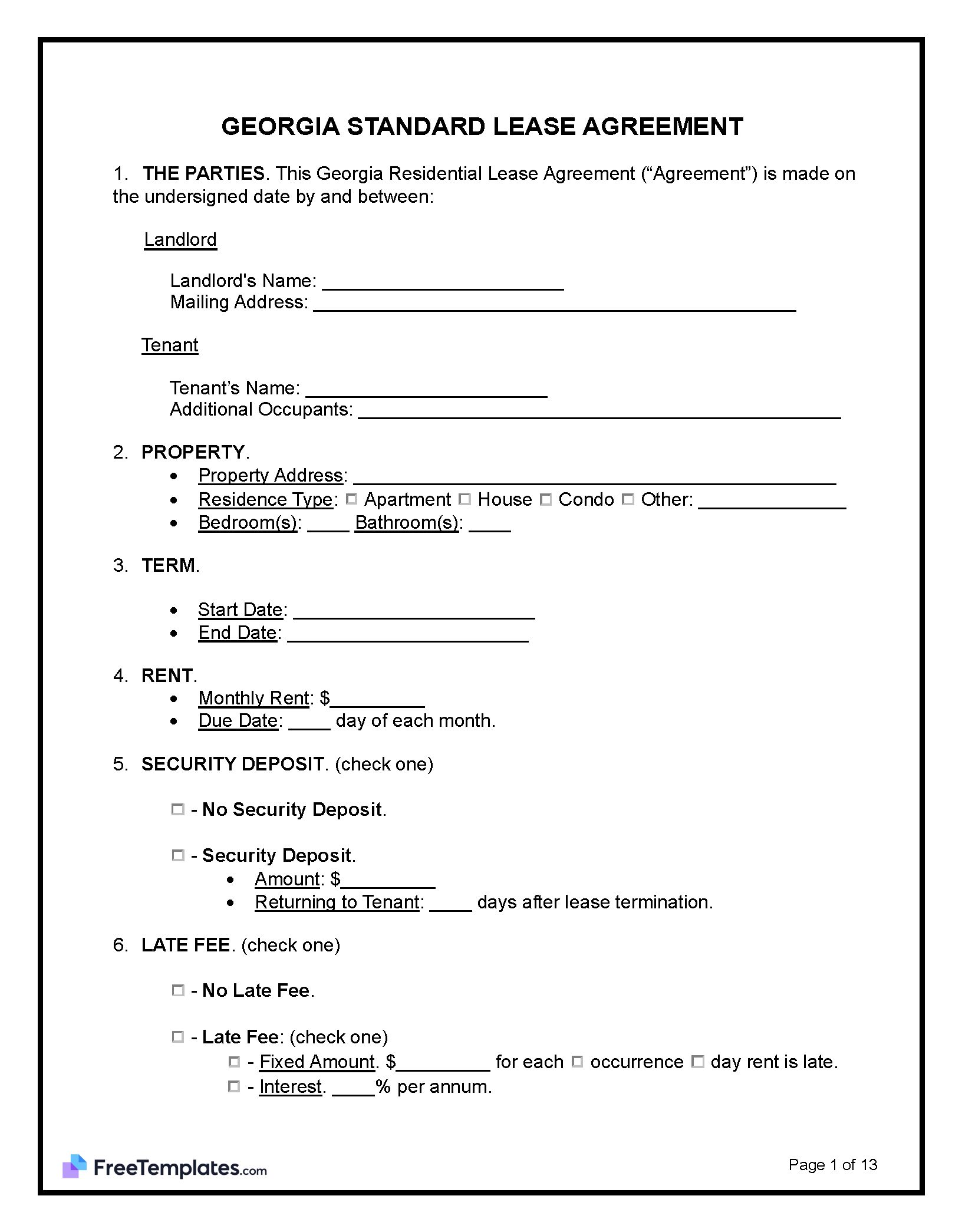Disclosures
Contact Details – Before the lease is signed, the tenant must receive the name and address of the property owner and the person authorized to manage the property. (§ 44-7-3(a))
Condition of Property – Landlords of more than 10 rental units must give the tenant a list detailing any existing damages to the properties, which both parties must sign to confirm its accuracy. Prior to moving in, the tenant has the right to inspect the property for the rental unit’s condition. If there are any objections, the tenant can list them on the document and sign it. (§ 44-7-36) (§ 44-7-33(A))
Flooding – If the property has flooded more than 3 times in the past 5 years, the landlord must disclose this information in the residential lease. (§ 44-7-20)
Lead-Based Paint Disclosure – To protect the health and safety of the renters, landlords of properties built before 1987 must disclose if there is any hazardous material on the interior walls, as well as provide information on how to limit exposure and identify symptoms if exposed.
Security Deposit Location – In the lease agreement or within 30 days of receivind the funds, a landlord of more than 10 rental properties must give written notice of where the funds are located. (§ 83.49(2))
Rent Grace Period
Security Deposit
Maximum Amount – There is no maximum amount a landlord can demand for a security deposit in Georgia.
Returning – Landlord will mail the tenant their security deposit to their last known address. (§ 44-7-34(a))
- Deductions – Landlords of more than 10 rental units have 3 days to inspect the residential rental unit and provide an itemized list of any damages and their estimated costs. The tenant has five days to review and sign the list. (§ 44-7-33(B1))
- Tenant Doesn’t Forward New Address – If the landlord is unable to locate the tenant after reasonable efforts, the landlord can claim the security deposit 90 days after it was mailed. (§ 44-7-34(a))

